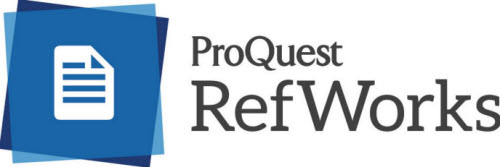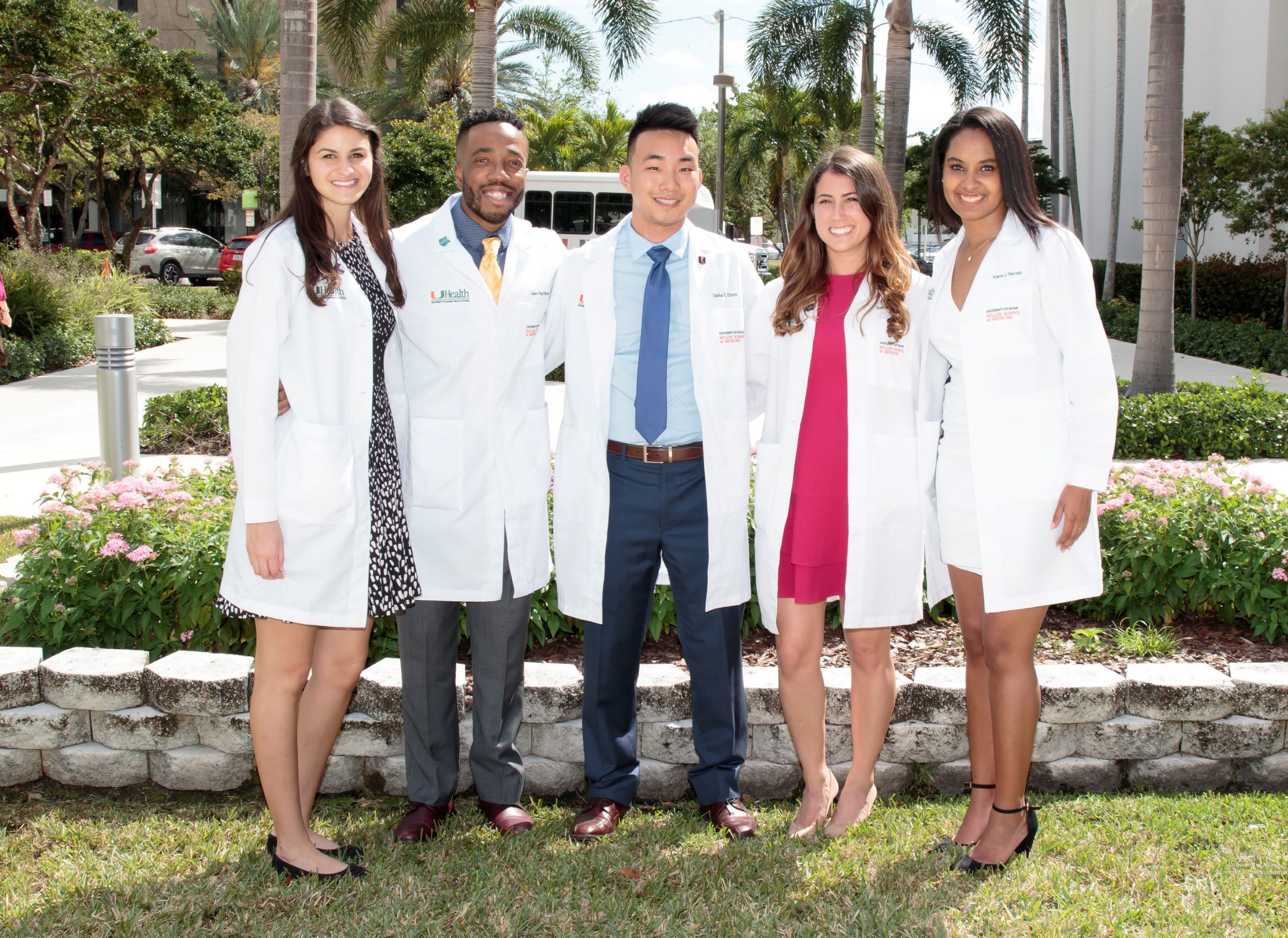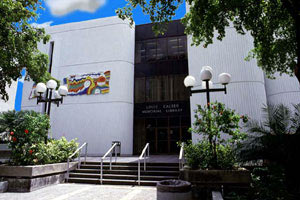
The goals of this guide are to:
- Provide essential information for new and current medical students.
- Inform and assist medical students access essential resources through the Calder Library.
This guide is intended for medical students at the University of Miami Miller School of Medicine. It has information about both on-campus and online resources available to medical students.
You may navigate this guide by using the links on the Table of Contents at the left or by using the Tabs on top of each page.
- Email: reference@miami.edu
- Phone: 305-243-6648
- Ask a Librarian: http://calder.med.miami.edu/librarianask.html
To limit your search results, you can search by Everything, Electronic Resources, or Library Catalog by clicking on the drop-down menu on the uSearch box.
On the results page you will find the list of results matching your search. On the left-hand side, you can further limit your search results by date, language, subject, etc.
To search for Books, type into the search box, find titles by alphabetic order or my subject matter.
Find journals from the Journals tab on the website. Once on the Journal Search page, you can type the journal title in the search box, or find them by alphabetical order. When you find the journal you need, click on the Online Access link to see full text PDFs of journal articles by publisher.
You can find shortcuts to the most commonly used databases in the "Popular Resources" section of the library homepage.

Access Medicine
Trusted Content. Instant Answers. Innovative online resource that provides students, residents, clinicians, researchers, and all health professionals with access to more than 50 medical titles from the best minds in medicine, updated content, thousands of images and illustrations, interactive self-assessment, case files, diagnostic tools, a comprehensive search platform, and the ability to download content to a mobile device.

Bates Visual Guide to Physical Examination
Streaming videos of head-to-toe and systems-based physical examination techniques plus OSCE videos.

Clinical Key
Clinical search engine that adapts to any screen size, helping you find fast answers and deep evidence from more than 1,000 full-text reference books, 600 full-text journals, videos, images and more.

DynaMed
DynaMed is the next-generation clinical reference tool physicians can rely on for fast, easy access to point-of-care decision support. Written by a team of specialized physicians and researchers, content is updated several times daily to include information on the latest evidence-based research, providing practice-changing answers to clinical questions with optimized speed.

PsychiatryOnline
A powerful web-based portal that features DSM-V®—the most widely used psychiatric reference in the world—and The American Journal of Psychiatry as the cornerstones of a collection of psychiatric references from American Psychiatric Publishing. It provides access to the DSM® Library, Journals, Textbooks, American Psychiatric Association Practice Guidelines, self-assessment tools for study, clinical and research news from Psychiatric News, and medication information handouts for patients.

UpToDate
Clinical decision support tool designed to answer clinical questions that arise in daily practice. Subscription database with access for UM/JMH authorized users.
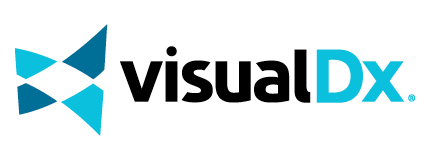
Visual Dx
Diagnostic decision support system (CDSS) merges medical images and expert information to help you build patient-centric differential diagnosis.
EMBASE
EMBASE, from Elsevier Life Sciences Solutions, provides extensive coverage of international biomedical journals and conferences and is a key resource for generating systematic reviews, making informed decisions in evidence-based medicine, and for post-market surveillance of drugs and medical devices.
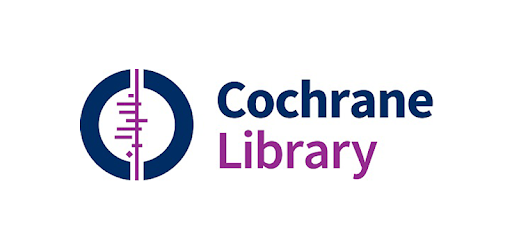
Cochrane Library
Includes: Cochrane Database of Systematic Reviews, Cochrane Controlled Trials Register, Database of Abstracts of Reviews of Effects, Cochrane Methodology Register, Health Technology Assessment Database and NHS Economic Evaluation Database.

PsychINFO
The APA's database of more than 1 million citations to the psychology literature, published since 1967. Access available within UM I.P. domain.
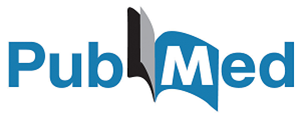
PubMed
Access to MEDLINE and Pre-MEDLINE, sets of related articles for each cited article, DNA/protein sequences and 3-D structure data, and links to publisher sites.

Scopus
The largest database of scientific, technical, medical and social science literature back to 1966, including cited references.

Web of Science
Access to Web of Science, 1945 to the present, Conference Proceedings, MEDLINE, ISI Journal Citation Reports, Essential Science Indicators, and Zoological Record, 1978 to the present by all UM users.
The Research Guide's goals is to
- Provide essential information for your research endeavors.
- Help users access essential resources through the Calder Library.
The guide is intended for researchers at the University of Miami Miller School of Medicine and the Jackson Health System. It may also be helpful to researchers at other institutions, though some resources are limited to UM/JMH users per licensing agreements.
For more information see the Research Guide.
Information on creating and using an ORCID iD at the University of Miami. Your ORCID iD is a unique identifier for researchers that provides a persistent digital identifier to distinguish you from all other researchers.
Setting up your free ORCID account takes only minutes. Once you create your account, you can use it to keep track of all your scientific papers.

Barbara M. Sorondo
- Head of Learning, Research, and Clinical Information Services
- bmsorondo@miami.edu
- (305) 243-9505
Training & Consultations: Register for statistical programs classes and database training here. To schedule a librarian consultation email reference@miami.edu.
FAQ: Check our Frequently Asked Questions (FAQ) page.
Chat: Talk to our staff live by using the Ask A Librarian feature.
Social Media: Follow us on our Social Media......
Mango Languages: UM Library patrons have access to the Mango language learning app where they can learn several different languages such as Spanish, French, German, and more. To register for an account, click here!
IT: For Information Technology (IT) related questions, students can contact UMIT by calling them at (305) 243-5999 or email them at help@miami.edu.
3D printer: Students can request 3D prints, free of cost, by contacting staff at the Circulation Desk on the first floor. For more information on how to request a 3D print click here.
Statistical Software: Students can access statistical software such as SPSS, SAS, Prism, and Tableu on library computers. For a consultation contact our Biomedical Data Librarian, Dr. Thilani Samarakoon, at thilani.samarakoon@miami.edu .
Biomedical Services: Students can have pictures and posters made with Biomedical Communications, located in the basement floor of the library. You can call them at (305) 243-6783.
UPrint Services: Students have access to printers on the first and second floor of the library.
Interlibrary Loan (ILL): For books, articles, and other materials that the Calder Library doesn't own or subscribe to, students can request copies from external libraries through ILL.
Miller School of Medicine Department of Medical Education
Access online schedules and calendars.
National Board of Medical Examiners
Provides information on licensing exam services including sample assessments.
Writing Center
The Writing Center can assist students with various writing projects for more information or to schedule an appointment click on the link below:


